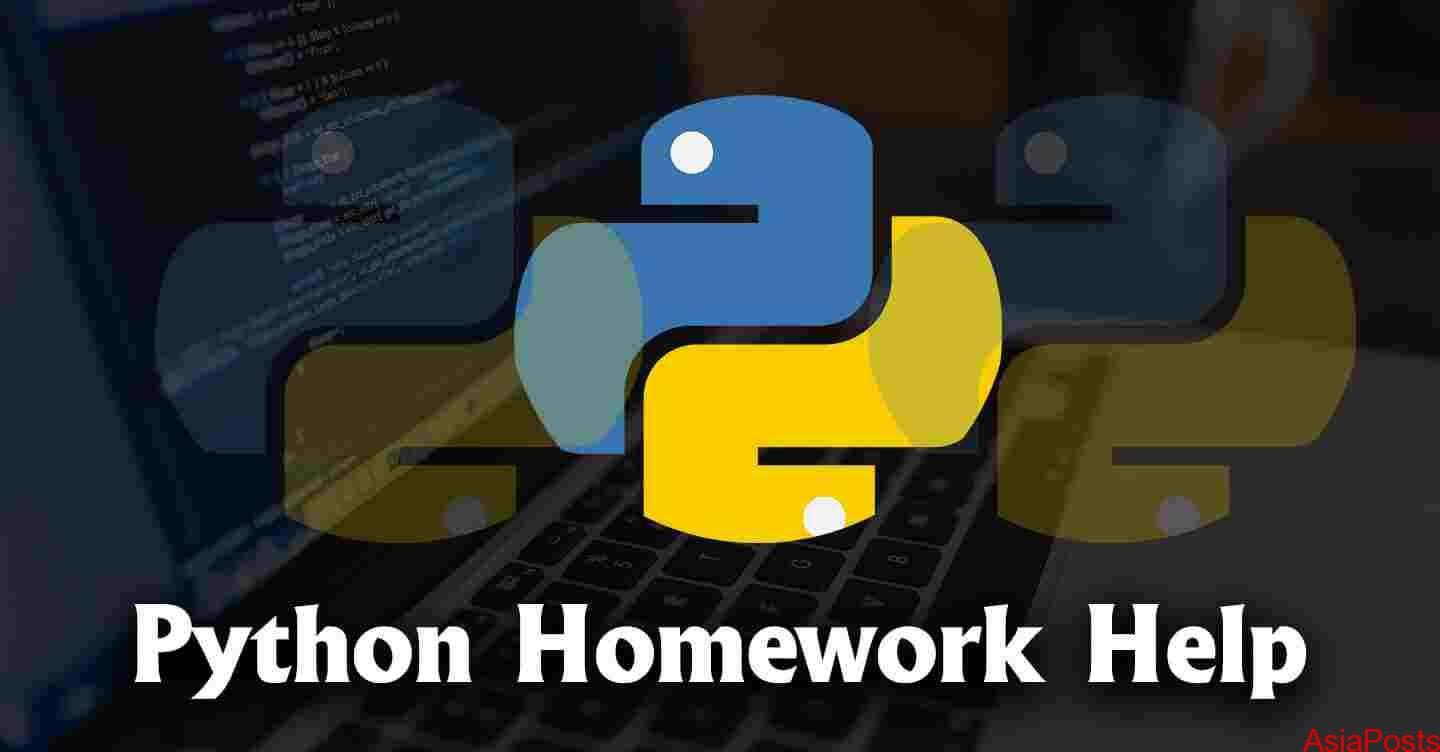In order to answer the question posed immediately, we suggest that you turn to special services for help. You can find them by simply googling “do my Python homework.” The experts working there will be able to help quickly with any kind of assignment. But you must understand that if you are going to work with this language in the future, you will need knowledge. And we will tell you how to get it so you can succeed in the niche.
Why learn Python?
They use Python for a wide variety of scenarios. It is loved by both experienced programmers and beginners. And there are many reasons to start learning this language.
Knowing Python will make you in demand. Knowing how to program will help you “stay afloat” as the world develops. Software development jobs alone are expected to grow 21% over the next ten years. The US Bureau of Labor Statistics rates this figure as “much faster than average.” Knowledge of this language will help lay the foundation in this direction.
The language is similar to English. Many people note that Python is easy to learn because it is similar to English. And this is true because the language was designed to be concise. If you are just learning to program, then Python is a great choice to get started.
Python is used widely. Many well-known companies rely heavily on Python for their business because it’s flexible, powerful, and simple. You can also use language to solve complex problems.
How much does it take to learn Python?
The amount of knowledge strongly depends on what you need this knowledge for. If you want to become a machine-learning expert, then you have a pretty long road ahead of you. But let’s start with how long it takes to get to know a basic understanding of the language. On average, learning the basics takes 6-8 weeks. This will allow you to understand most of the lines written using this language. If you have data science or any other specialized industry in your plans, then it is better to immediately count on months or even years.
You can take up the Python training plan which is the preferred language for new technologies. This is especially suitable for those who work a full day and can spend 2-3 hours at the computer. Today you learn something, and tomorrow you practice.
However, it is important to practice every day to make sure you can get the knowledge you need in a given amount of time. In any case, this mode is easy to tweak, sacrificing, for example, the time you spend watching TV shows.
What is Python for?
Most often, it is used:
- in web development,
- when analyzing data,
- in machine learning and neural networks,
- for parsing/collecting data,
- in software testing,
- less often in other areas.
Python has an impressive set of libraries that extend the language. This implies a huge number of communities using Python for a wide variety of purposes. Matplotlib, for example, is needed for data science, and Click for scripting.
How much time do you need to learn the basics?
Learning the basics of Python will take at least three months. But, in this case, you should have a minimum of 10 hours of training per week. But three is not a specific number. If you want to dive into any of the libraries, you will quickly find that the total time increases. Matplotlib alone can be taught for weeks, and that’s just one library.
Basic things can be disassembled in a few days. But if you want to write complex and long programs, then immediately focus on three months.
How to learn Python
Let’s figure out how to do it quickly. Given the number of developers using this language, there is no shortage of tutorials. However, resources are not the main thing. Here’s what else you need.
- Determine motivation
Consider your motivation. This may not seem like a big deal, but it’s worth understanding for what purpose you are learning. While Python is a relatively easy language, the learning process itself takes time and energy. And being motivated will help you stay focused.
Step 2: learn the basics of Python
You might be tempted to start developing your site right away, but that approach doesn’t work. You will spend hours fixing bugs, possibly frustrating programming. It’s better to learn the basics first. And there will always be time for your own projects.
Step 3: create projects
Design your own projects. It helps you apply what you learn and study by trying new things. The more you write in Python, the more you learn. You set a goal, follow it, and at the same time learn new skills.
Step 4: evolve to create more complex projects
With a few simple projects created, you’re ready to move on to more complex ones. This can be, among other things, a functional extension of existing ones. Let’s say your first project is a site with movie lists. The next step might be to add the ability for users to create their own lists.
So, as you see, you can do homework in Python without knowledge if you get help on special services. But if you want to be a programmer and work with this language, you need to devote sufficient time to learning it.

























































